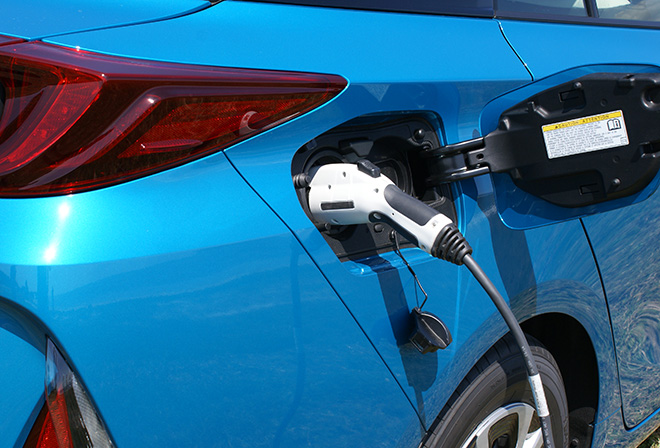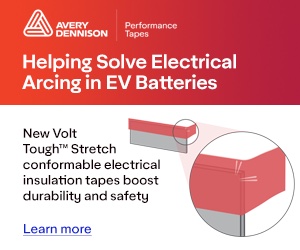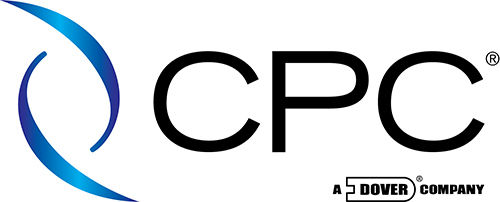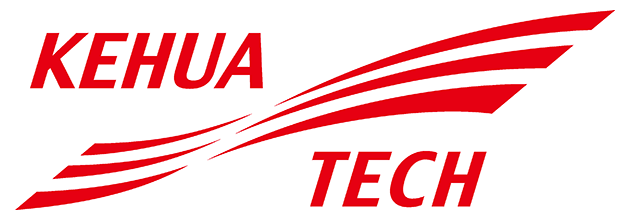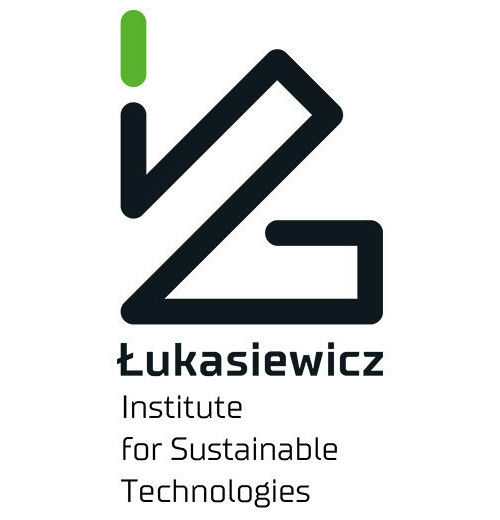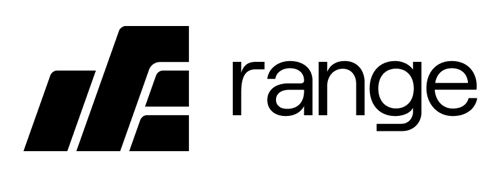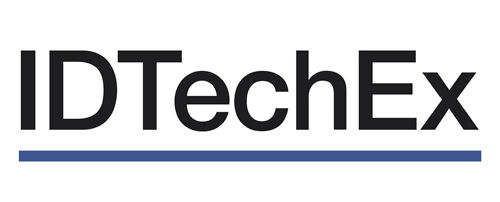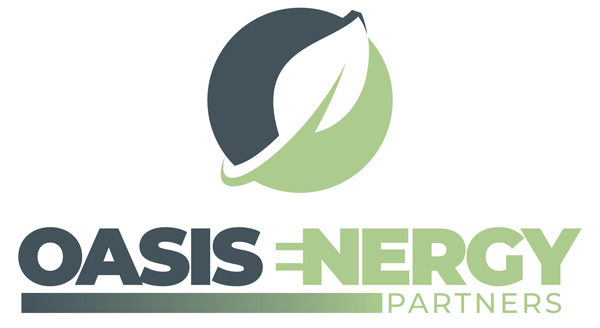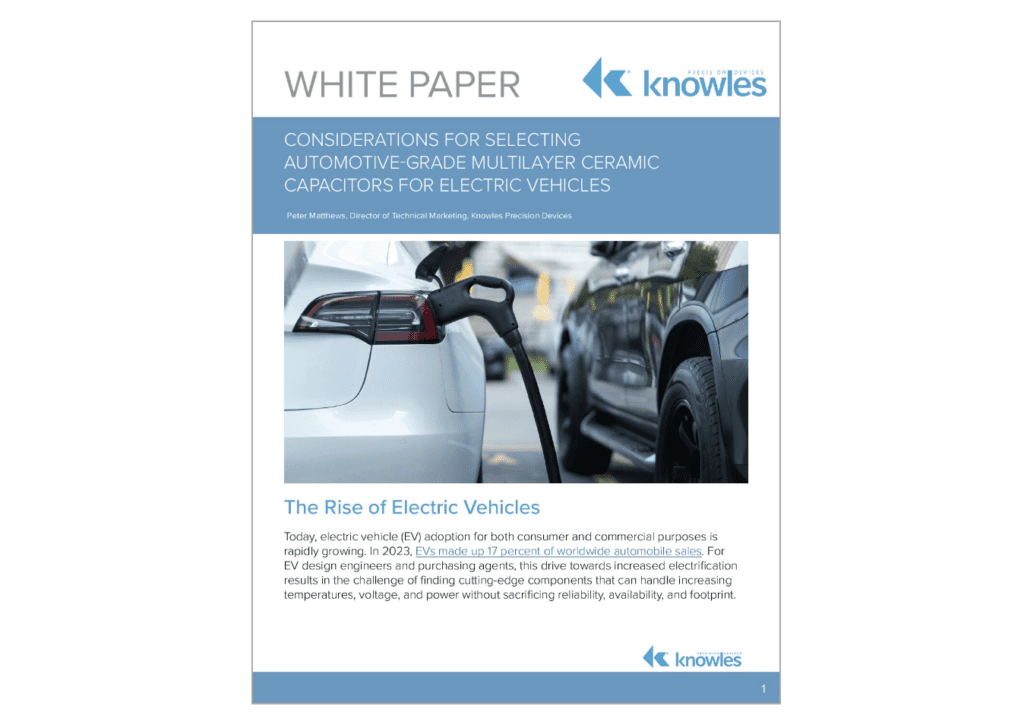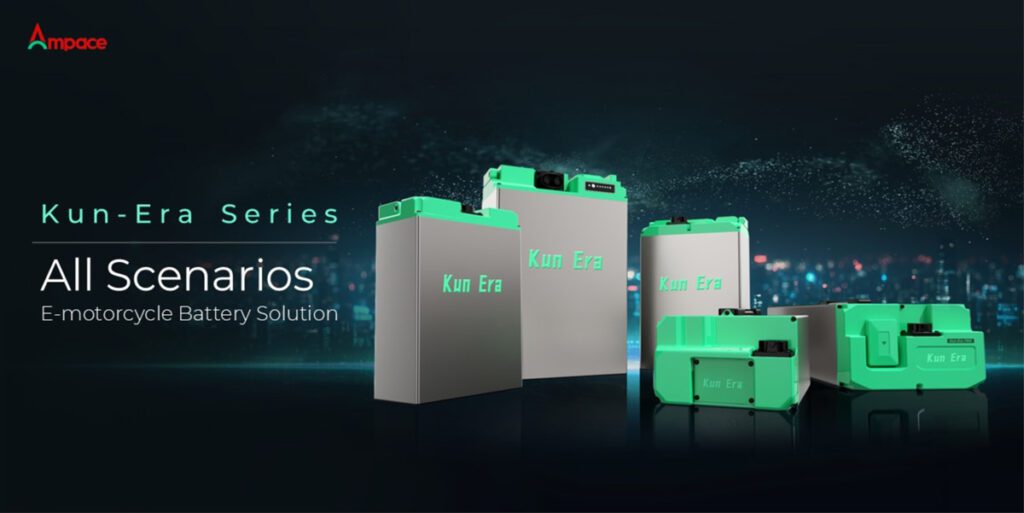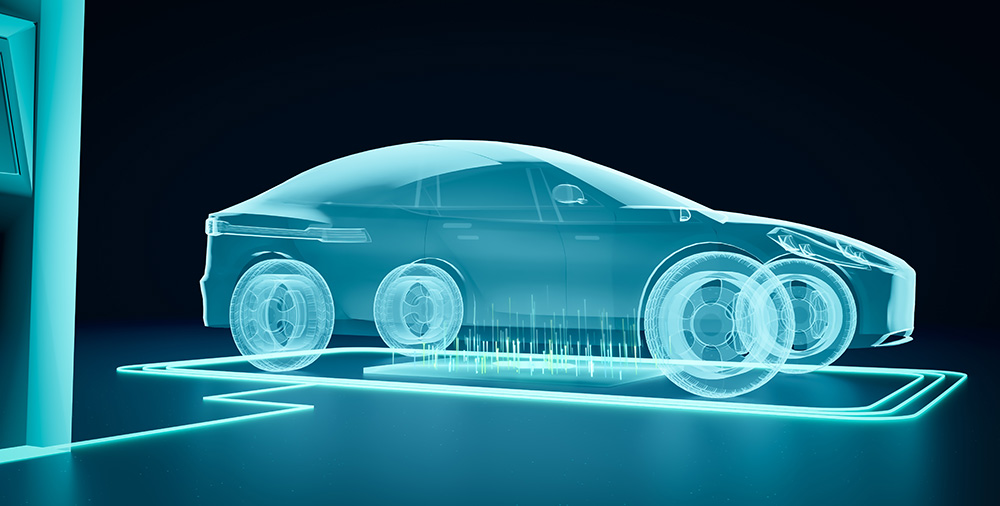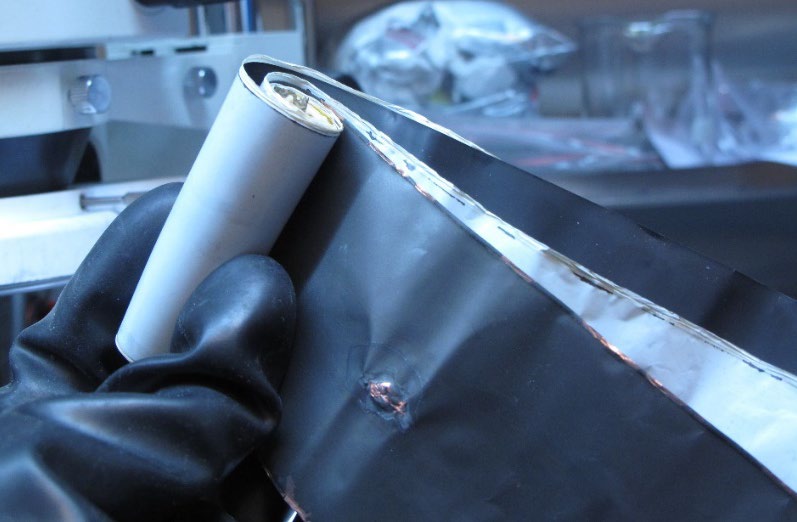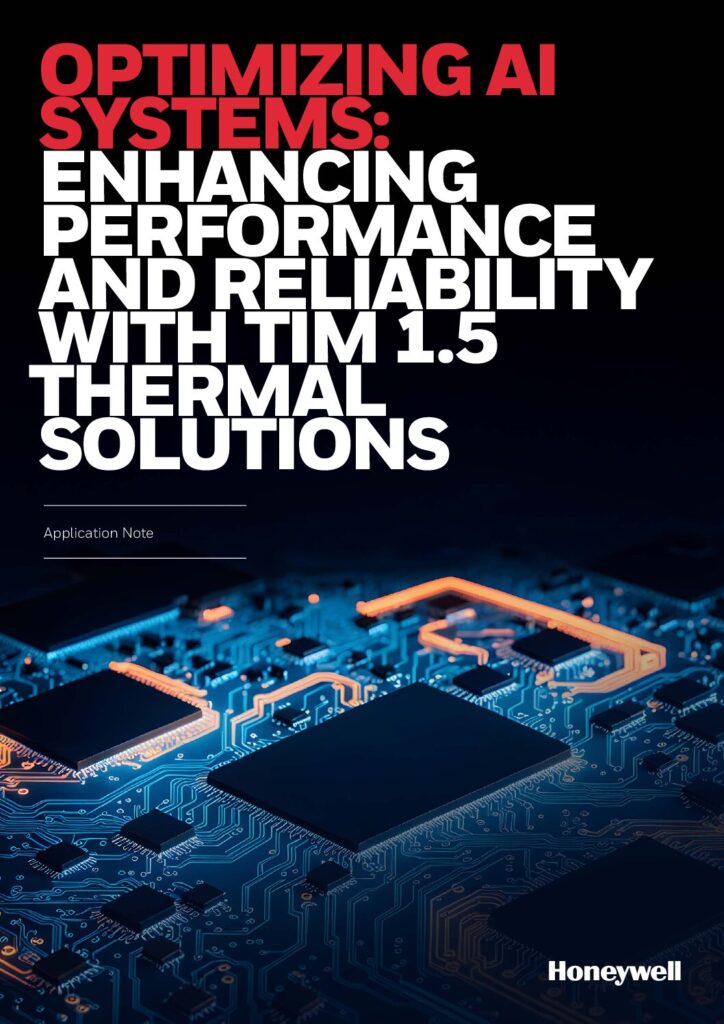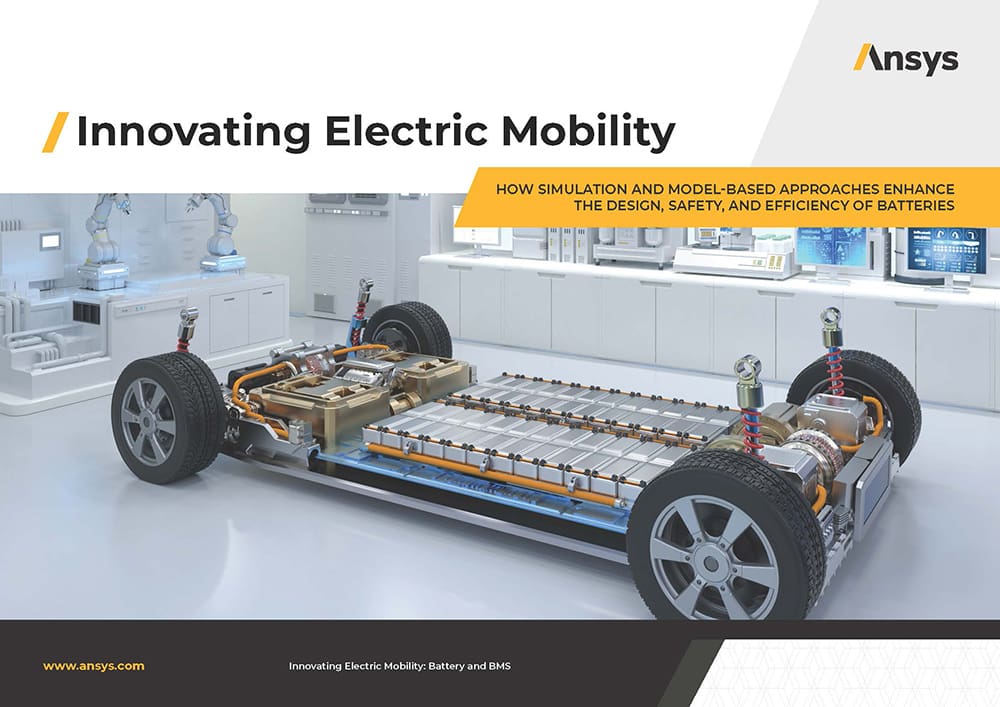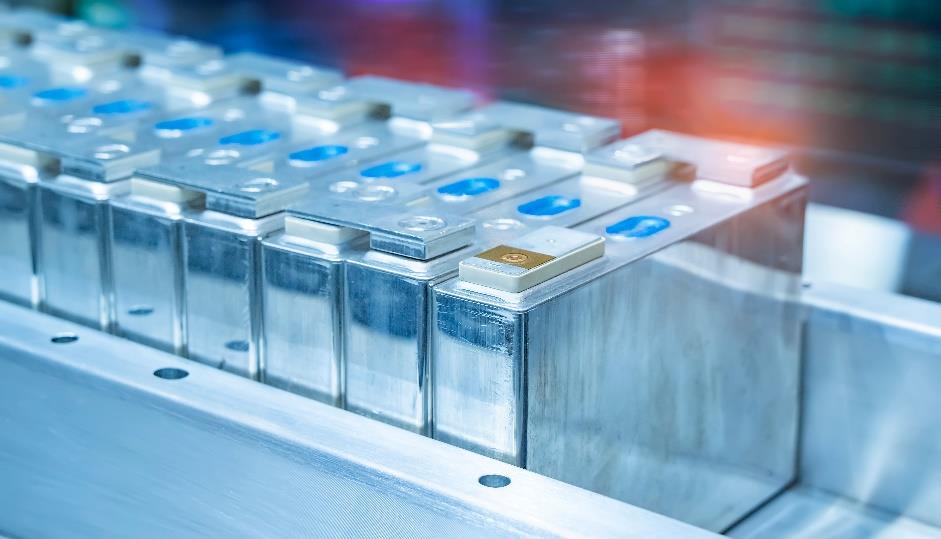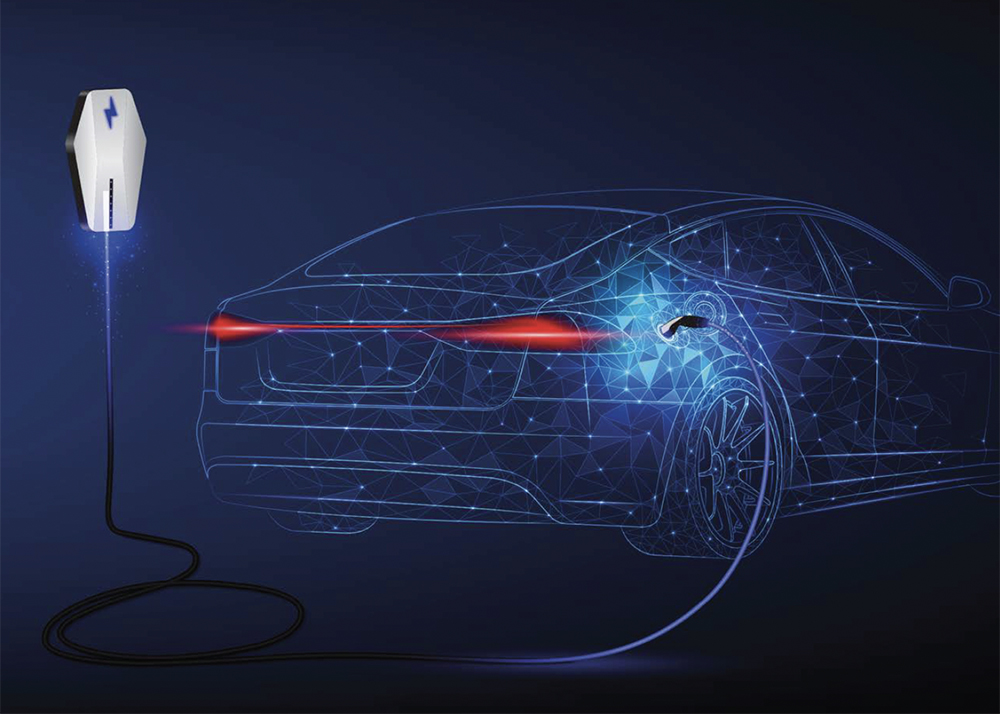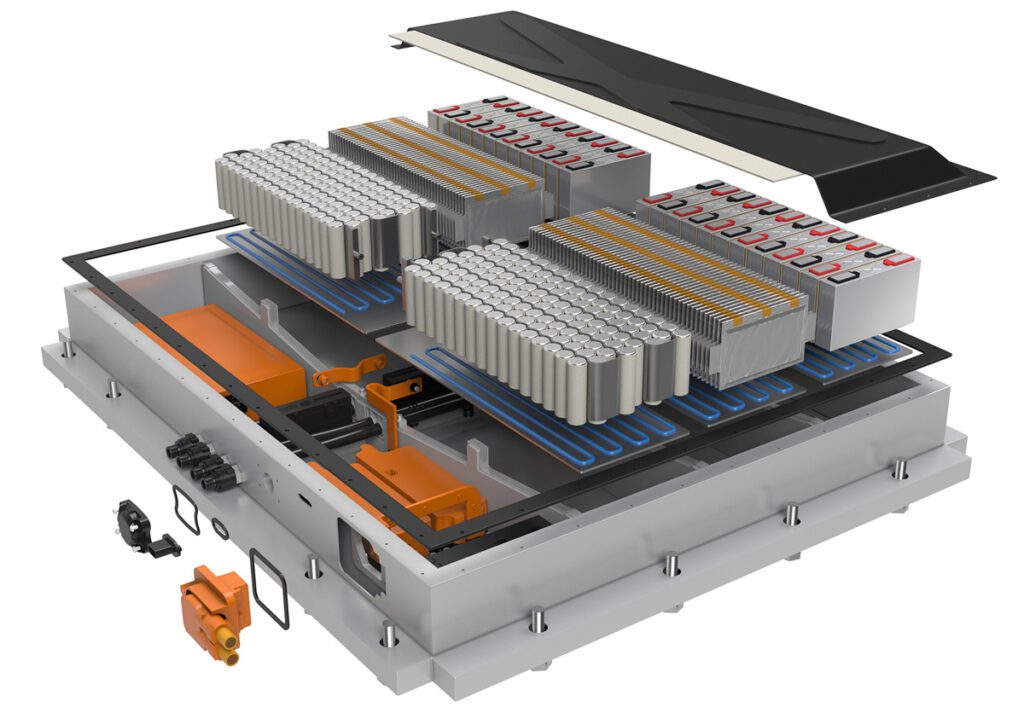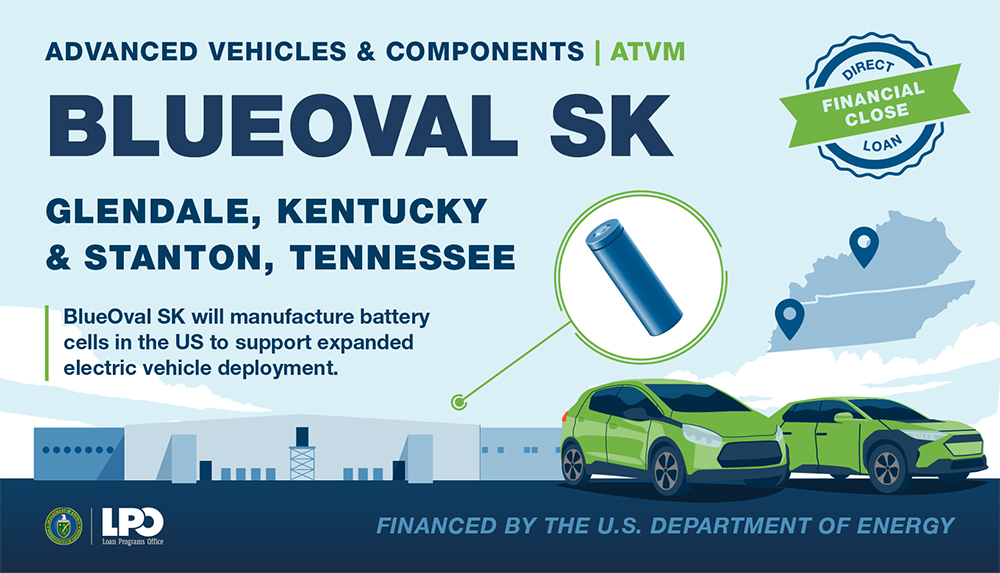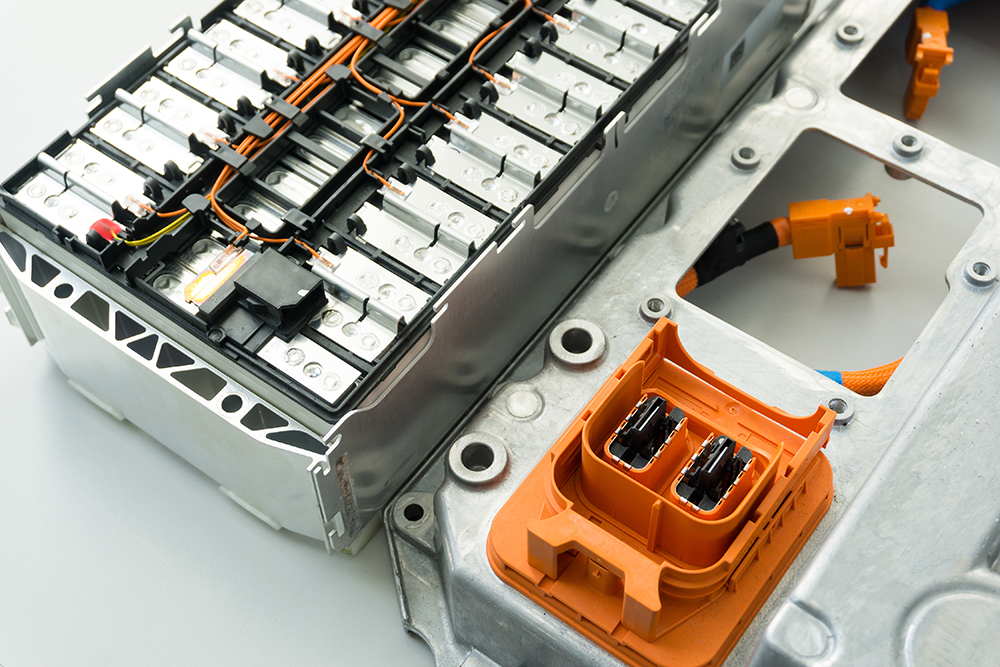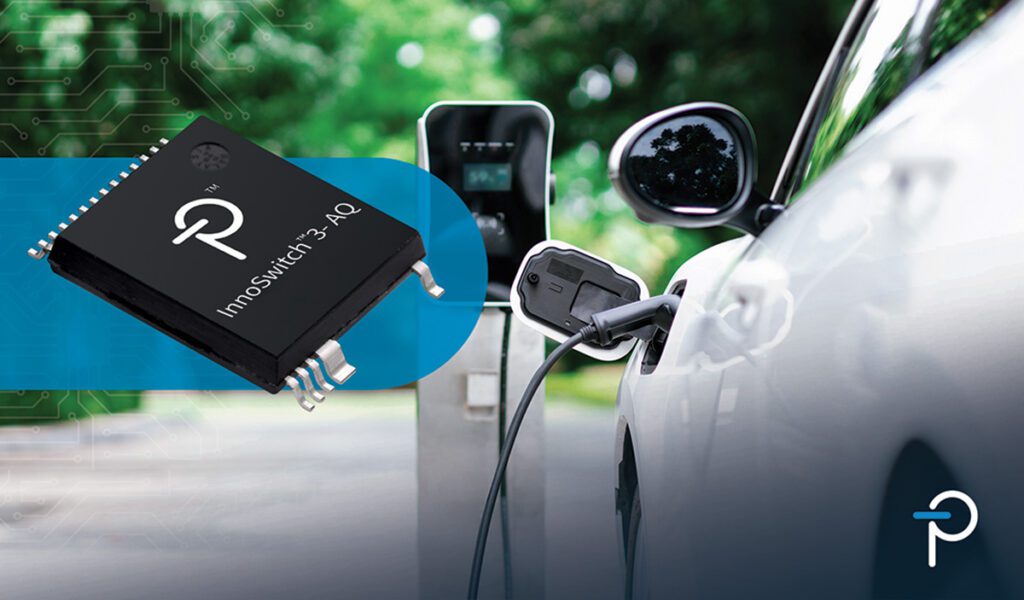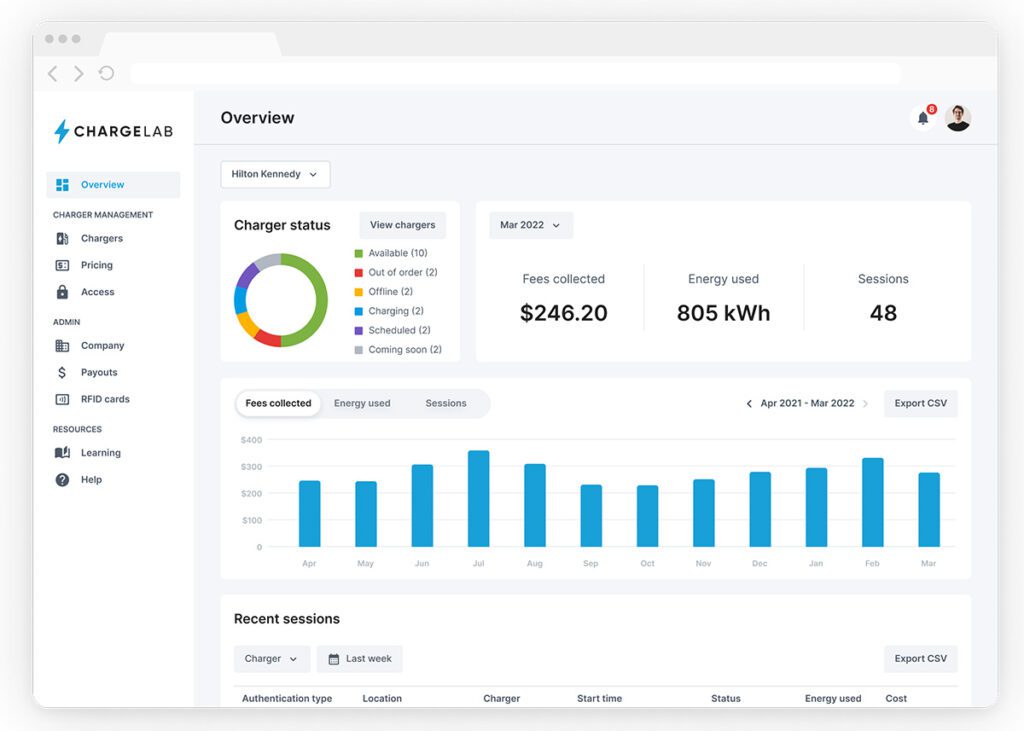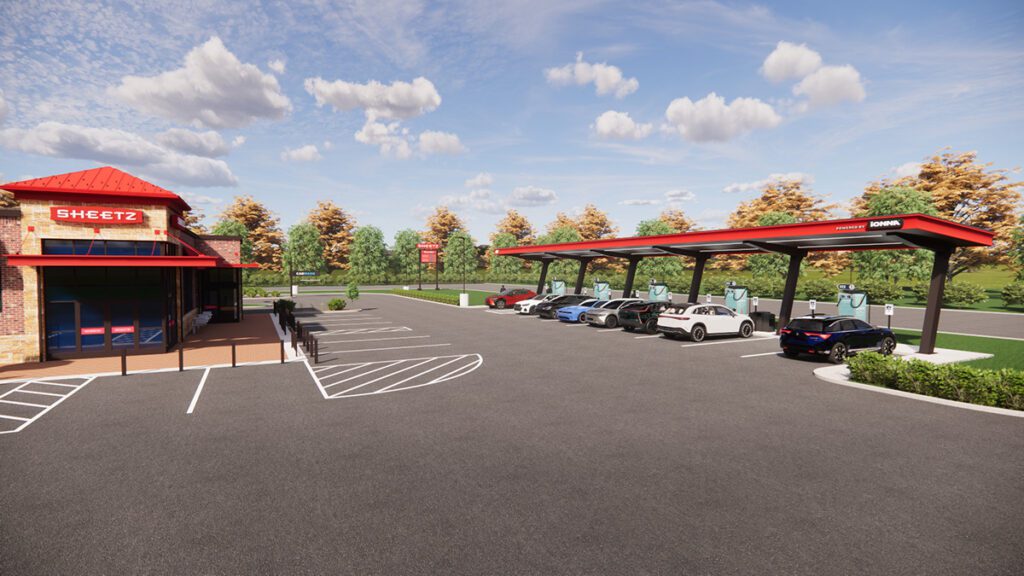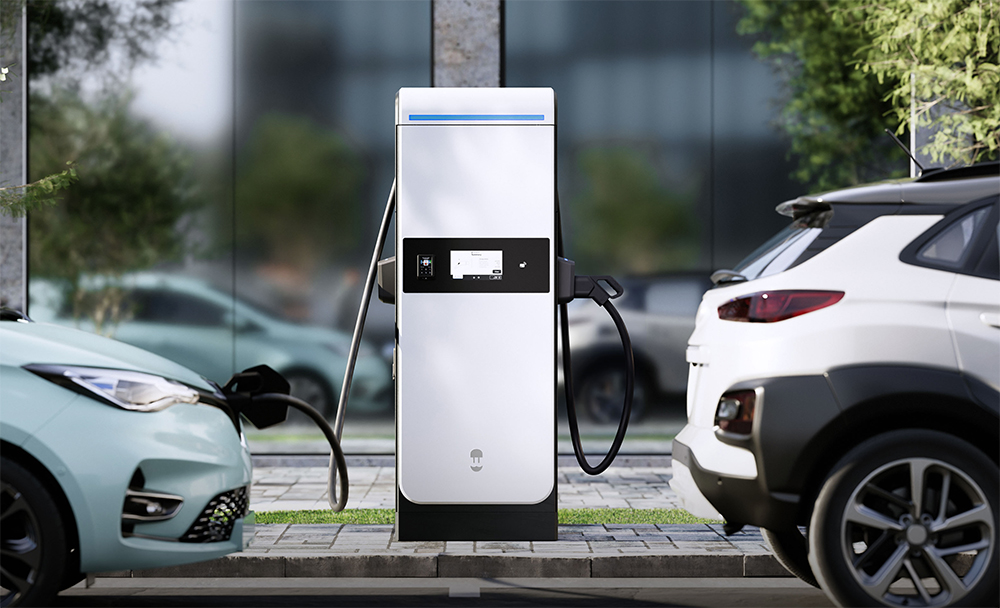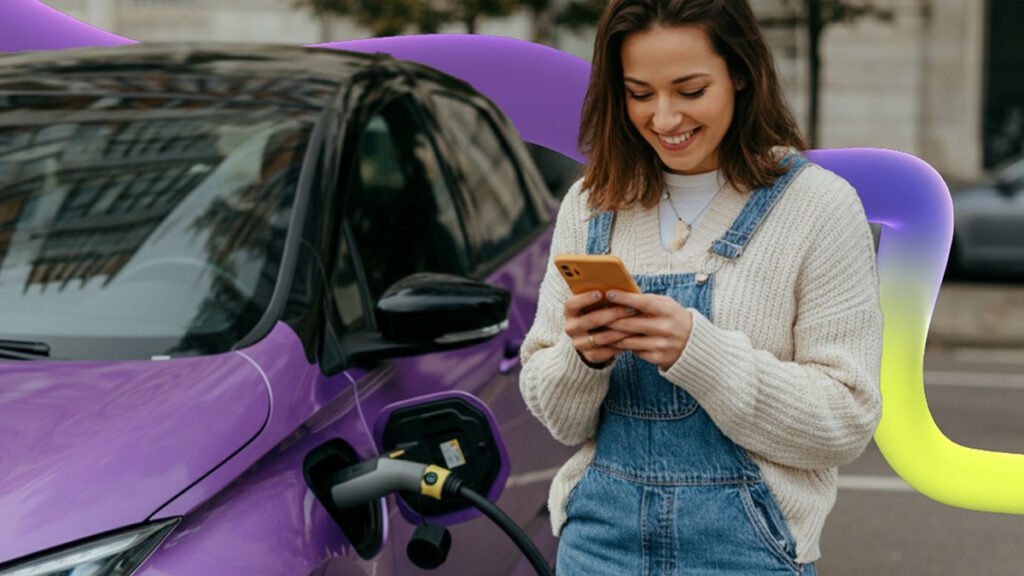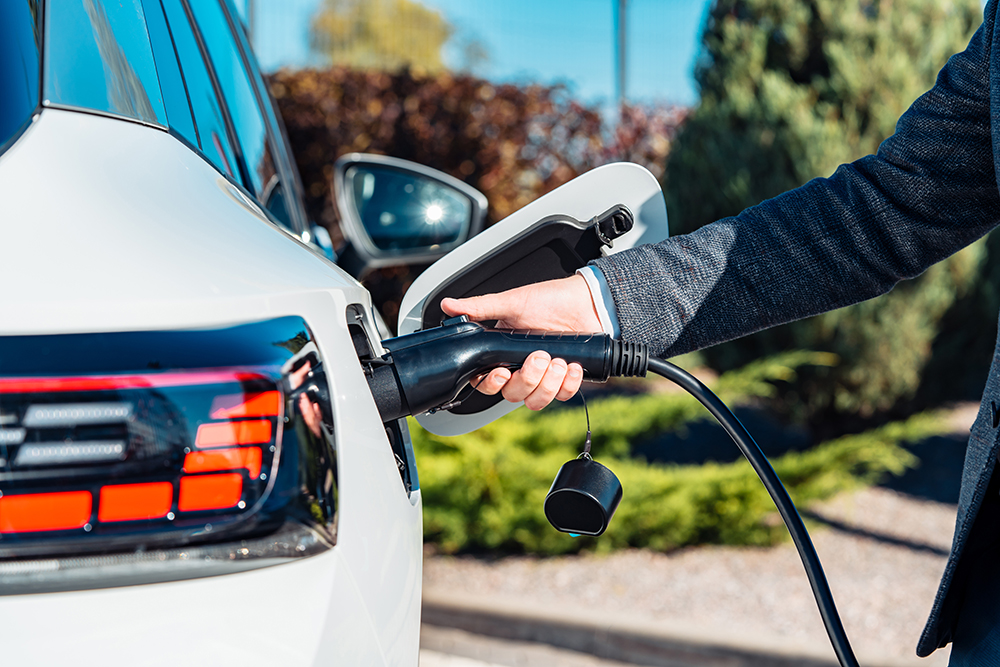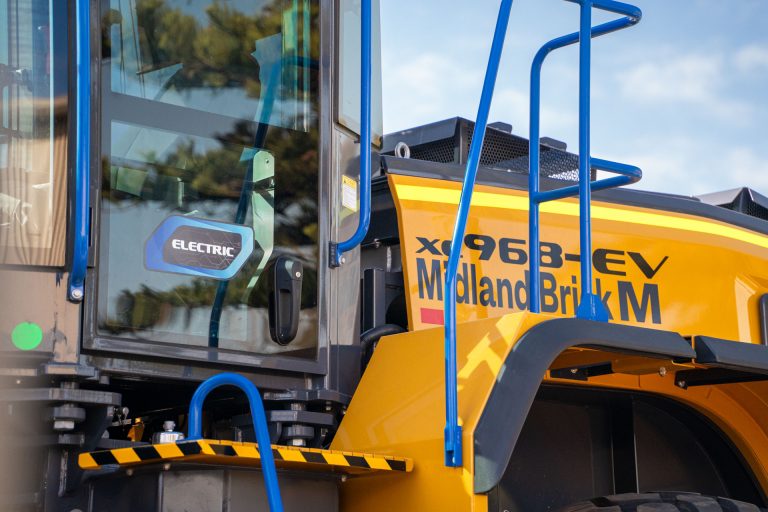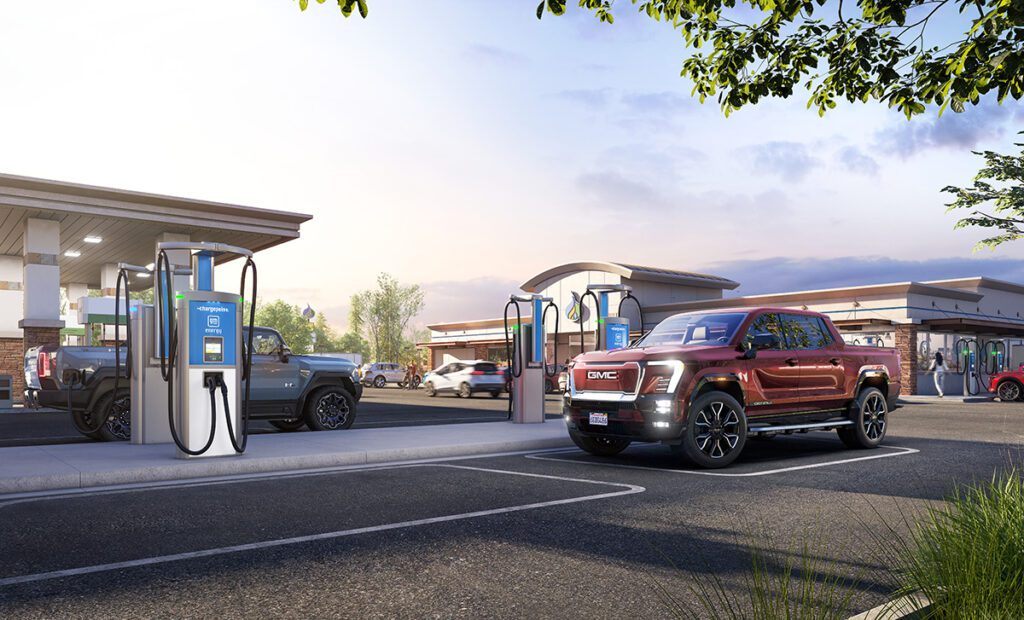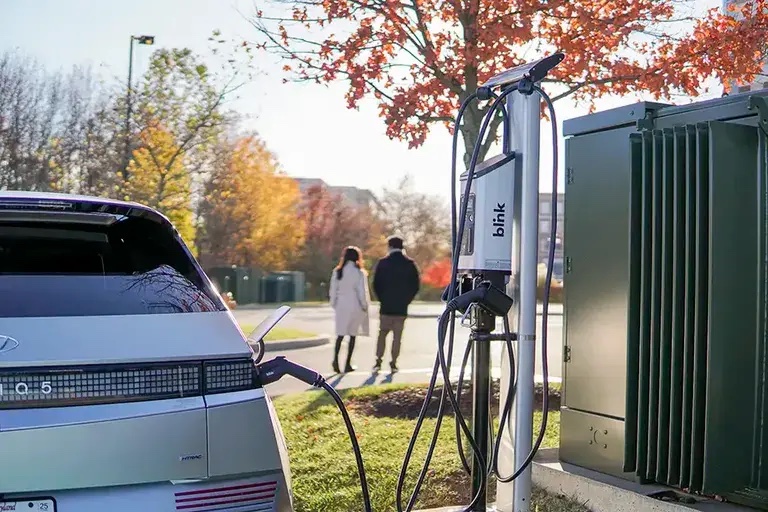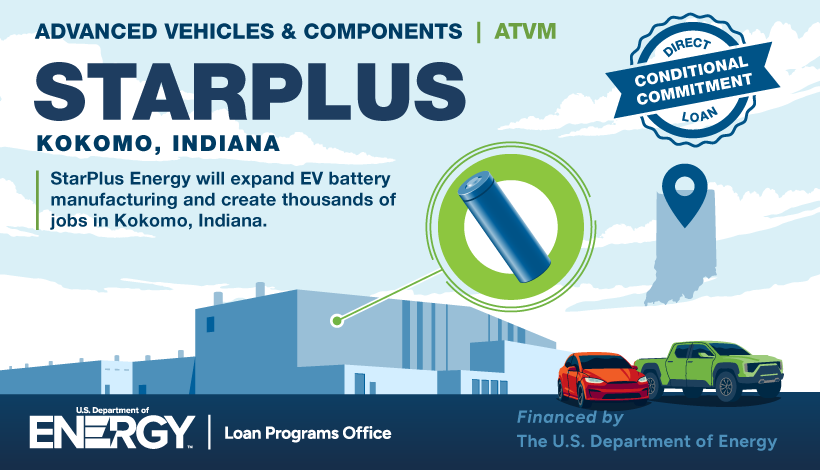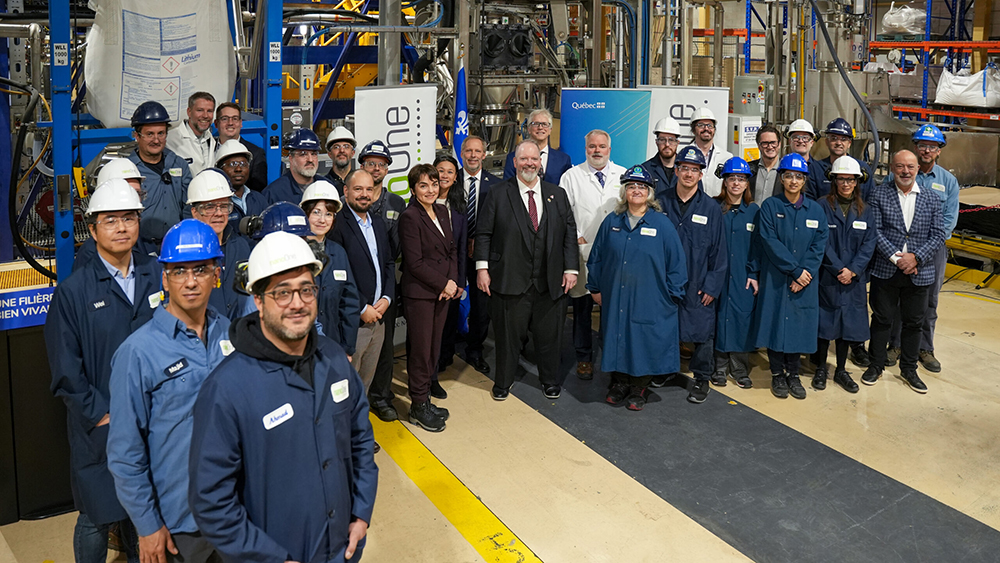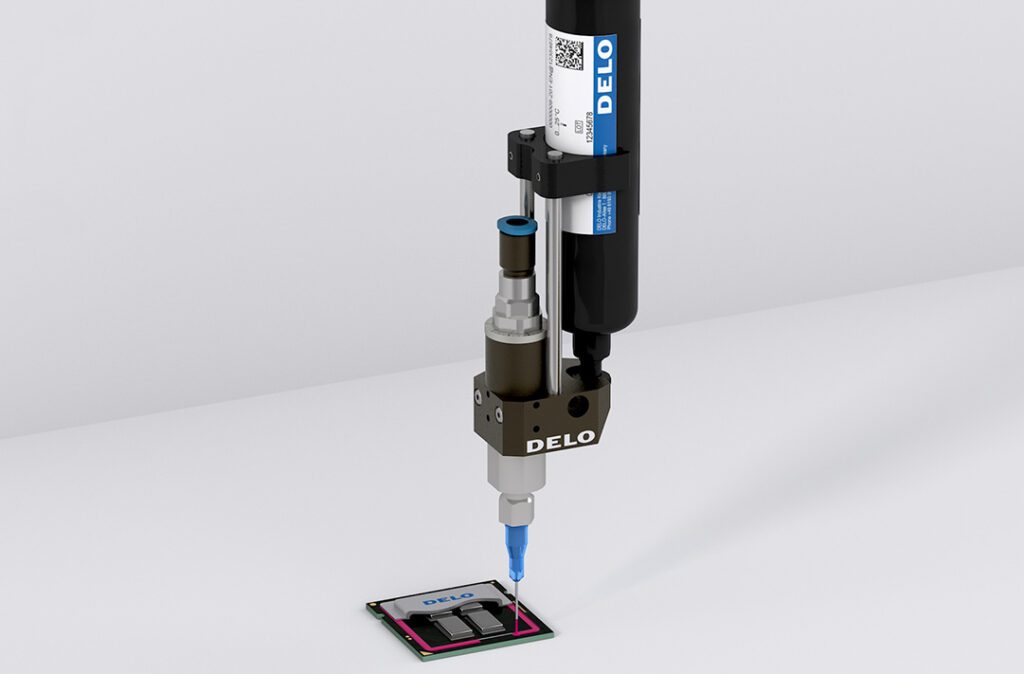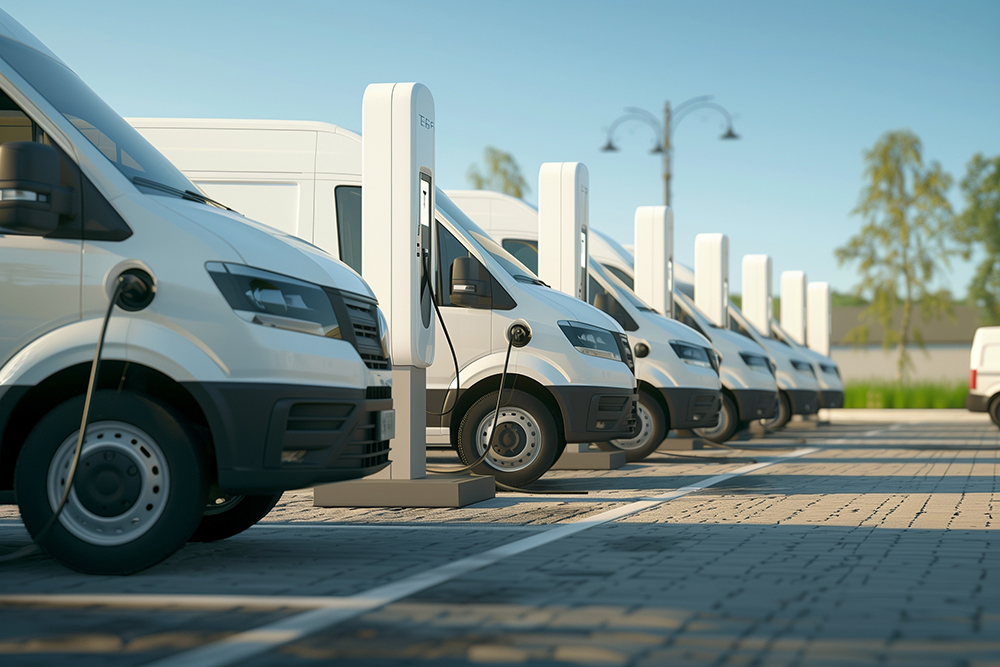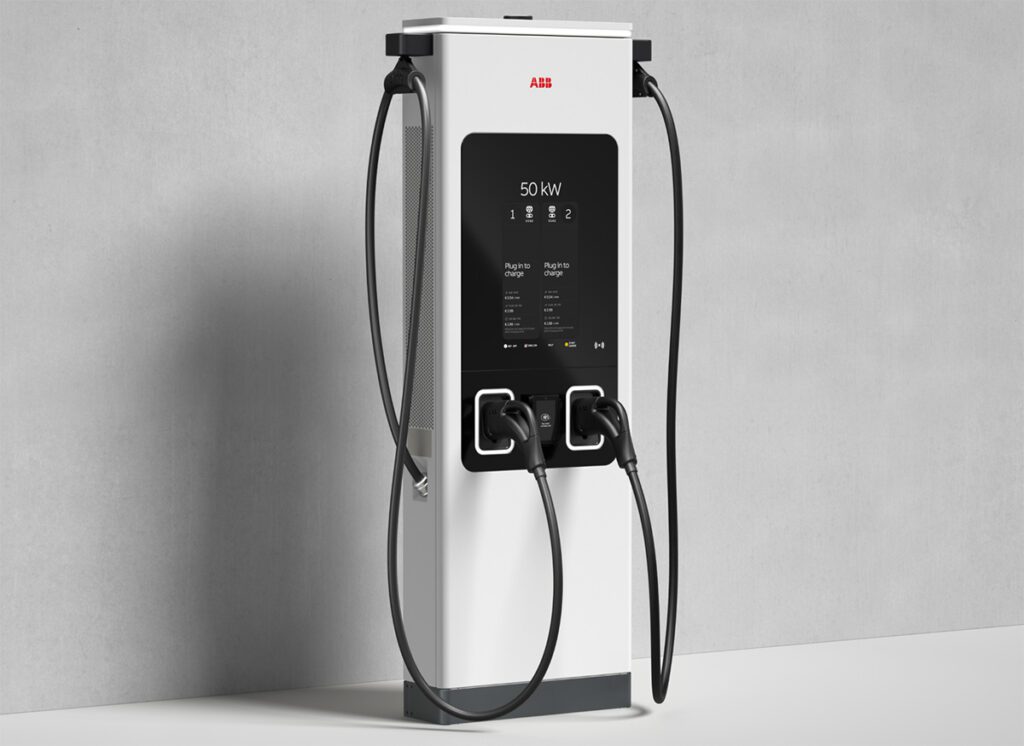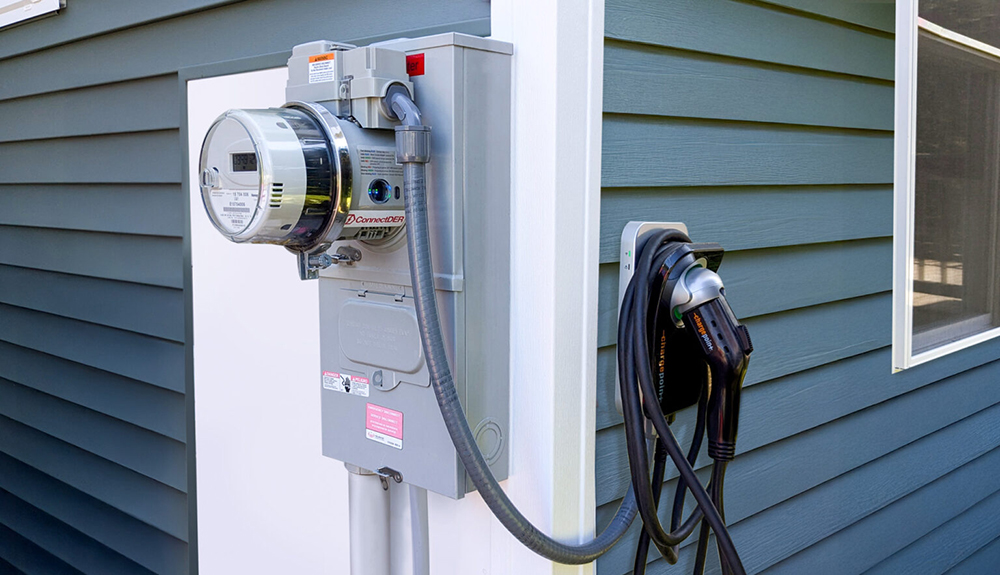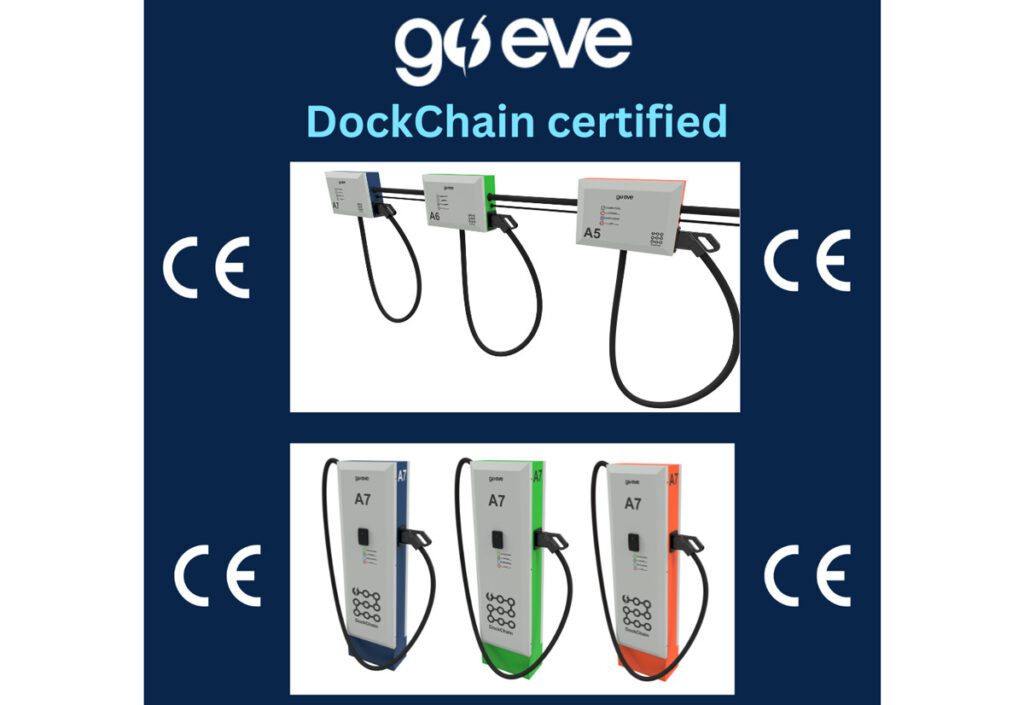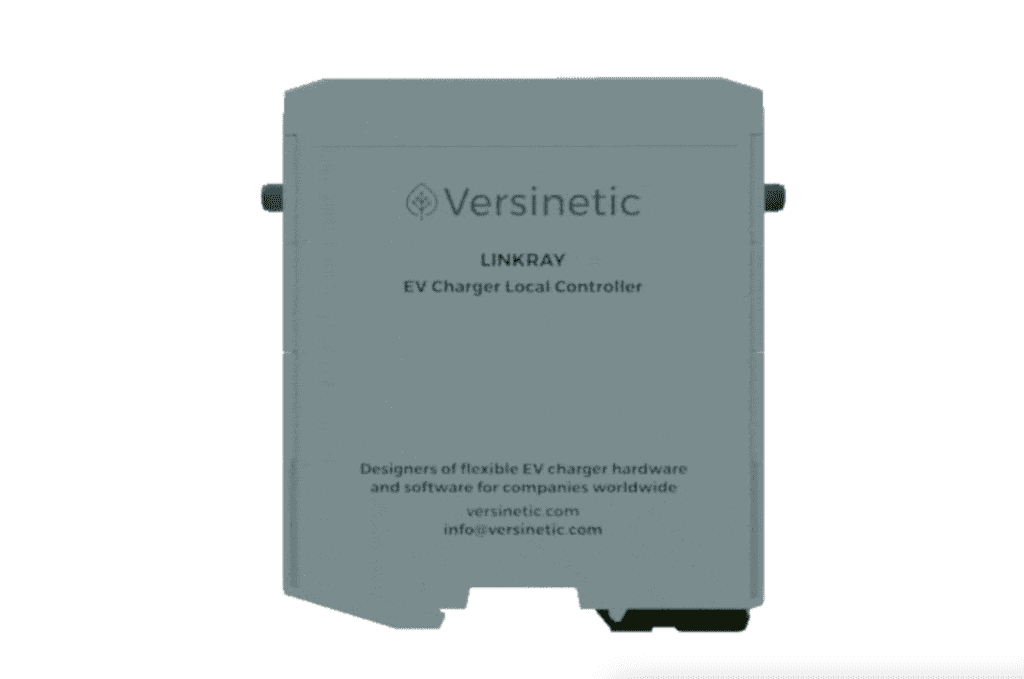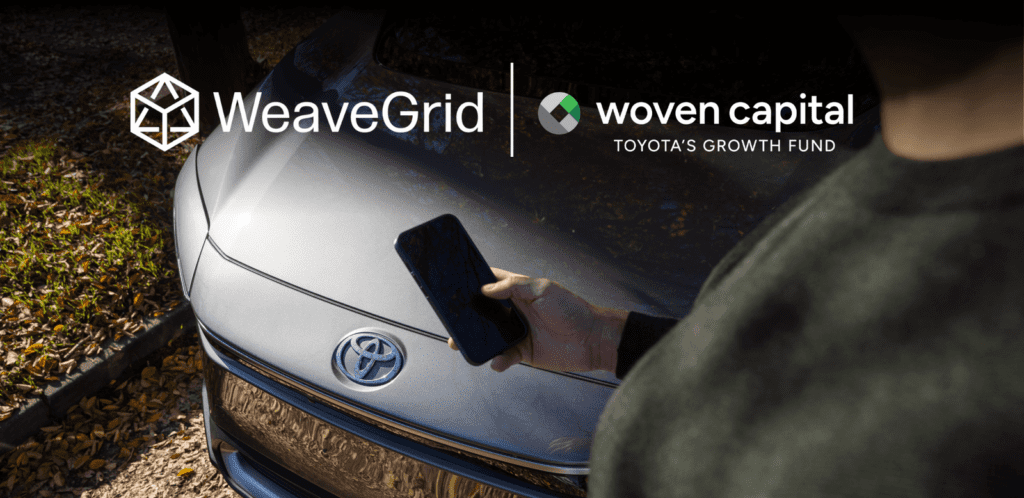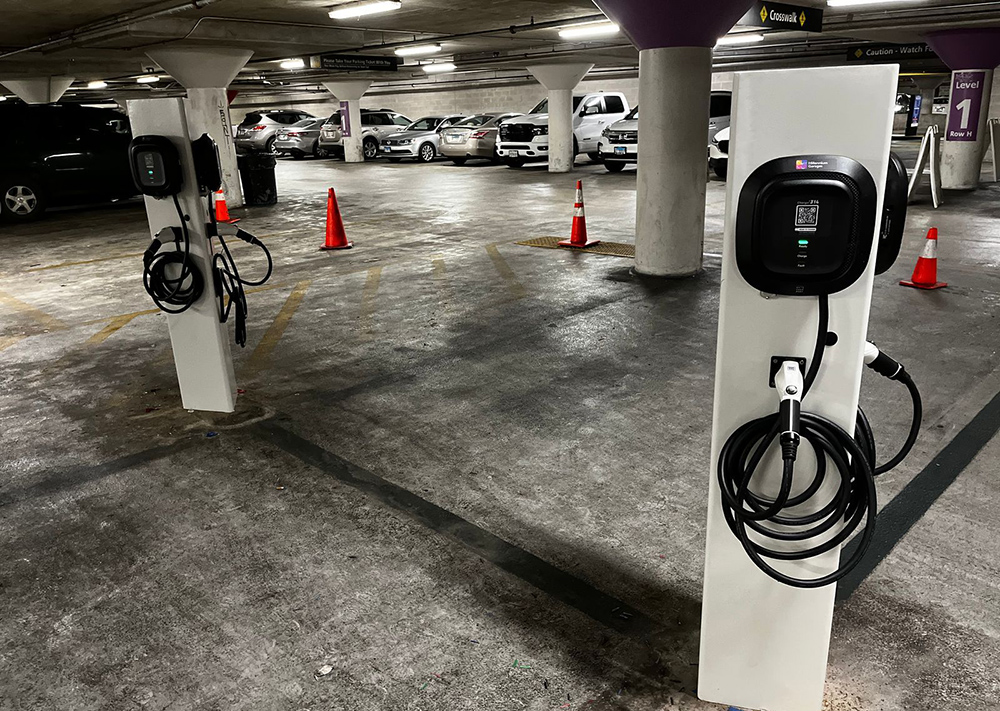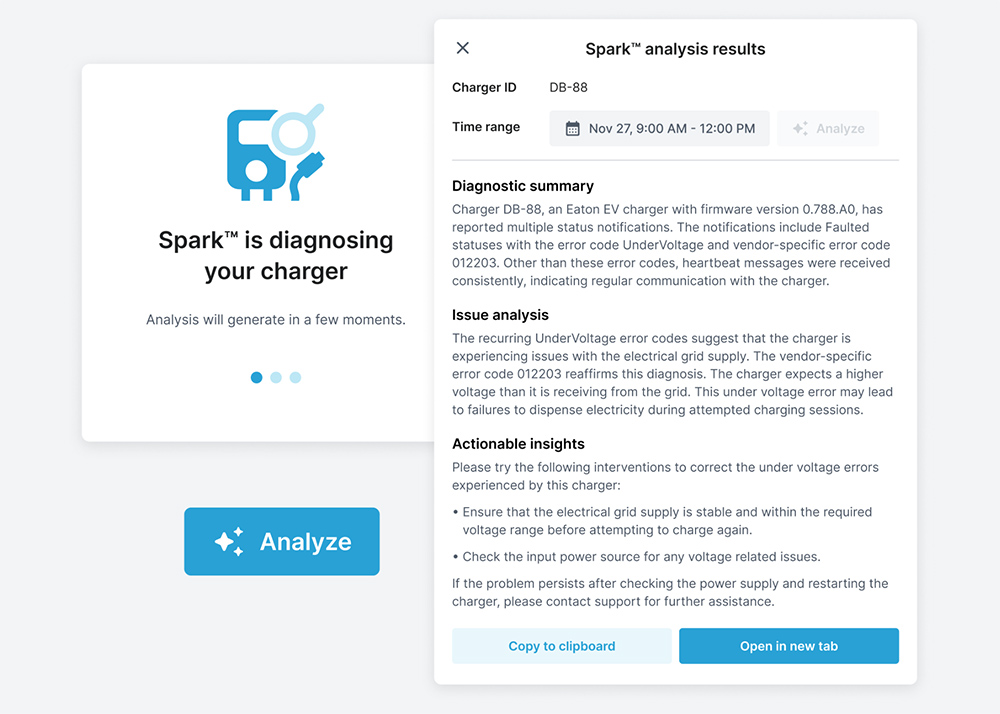As the EPA proceeds to weaken federal emissions standards, Colorado has become the latest state to implement the LEV regulations included in California’s Advanced Clean Car Standards.
Alphabet soup department: The California Air Resources Board (ARB [and sometimes CARB]) adopted the Advanced Clean Cars (ACC) program in 2012. The components of the ACC program are: the Low-Emission Vehicle (LEV) regulations, which mandate reductions in greenhouse gas (GHG) emissions and other air pollutants; and the Zero-Emission Vehicle (ZEV) regulation, which requires manufacturers to produce an increasing number of pure EVs. Currently 13 states follow the LEV regulations, and 9 states follow the ZEV regulation.
In Colorado, the LEV standard will require new passenger cars and light trucks sold in 2025 to use 37 percent less fuel and emit 35 percent less GHGs than vehicles sold in 2016.
Pro-EV groups cheered and auto industry groups hissed. The Natural Resources Defense Council (NRDC) cited a recent study by Synapse Energy Economics, for the years 2020 through 2035, which predicts that implementing the ACC program would result in “small but positive long-term macroeconomic impacts in Colorado,” including an annual increase of around $72 million in GDP and 1,700 jobs.
Meanwhile, a coalition of trade groups representing automakers, Colorado auto dealers and trucking firms has published a web site called The Colorado Way to make its case against the new regulations. According to the site, adoption of the LEV standards could include a mandate to require that 15 percent of vehicles sold in the state be electric cars (the LEV standards do not appear to specifically require that automakers sell EVs – they only mandate reductions in emissions).
The Colorado Way notes that Colorado already offers a $5,000 tax credit for EV purchases, and argues that “now is not the right time” to tighten standards. To its credit, the group does offer some constructive suggestions, such as converting the tax credit into a point of sale rebate, establishing non-monetary EV incentives such as reduced tolls, and establishing a tax credit for EVSE.
Source: Medium, Natural Resources Defense Council




